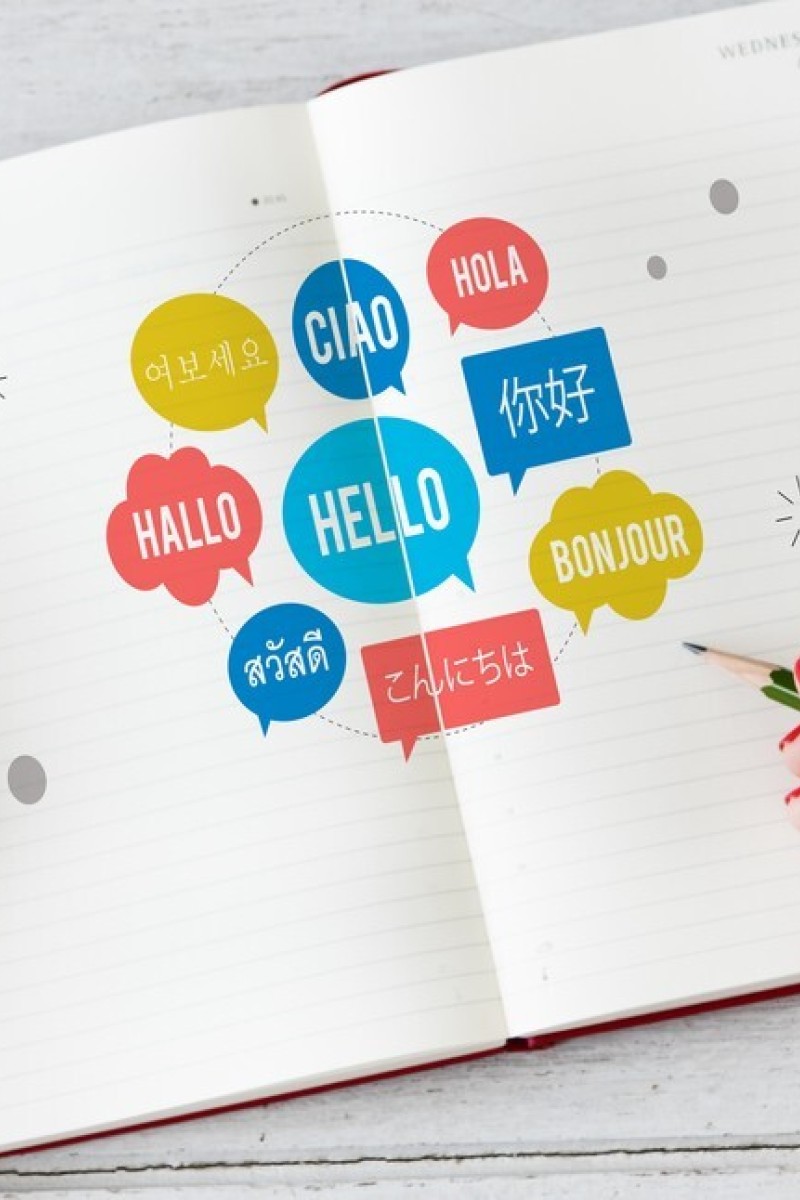
SOTY 2019: Linguist judges want candidates to spread the word about their love of language
- Finalists will impress if they demonstrate an interest in understanding the roots and culture behind their chosen language

Mastering a language takes more than just reading, writing, listening and speaking. It also requires a good understanding of its roots and culture.
Tomorrow afternoon, Student of the Year (SOTY) 2019 English finalists will be the first batch of Linguist contestants to show their commitment to a language in a video interview with judges.
This year, Linguist finalists – in the Cantonese, English and Putonghua categories – must deliver a three-minute speech on “Leading for a better society” to demonstrate how they can inspire and empower their community using both words and actions.
SOTY 2019: Scientist and Mathematician judges seek students who can inspire
Judges for all three categories have expressed a shared interest in candidates who are not just poised orators, but also committed cultural participants and social activists.
Students’ devotion to a language and its culture is often reflected in their “degree of engagement in promoting and portraying its beauty”, explains Dr Tong Ho-kin, dean of the Faculty of Humanities at the Education University of Hong Kong. He is an adjudicator of the Cantonese category.
Candidates are expected to demonstrate rich knowledge of Cantonese, English or Putonghua, but what proves their genuine interest in a language is their continued effort in spreading the word about it. “The former shows a candidate’s understanding of a language, but the latter reveals their attitude towards it,” Tong explains.
The two key qualities he is looking for in Cantonese candidates are fluency and devotion. A good speech, he continues, should be coherent, relevant and well-paced.
Accurate pronunciation is important as well, “since there are many sound changes going on in Cantonese”, adds fellow Cantonese category judge Peggy Mok, associate professor at Chinese University’s Department of Linguistics and Modern Languages.
Judges of the English category are, likewise, seeking contestants with clear articulation and succinct speeches focusing on the contest’s theme.
According to Professor Jette Hansen Edwards, chair of Chinese University’s Department of English, a good speech is easy to follow but also filled with interesting and relevant examples.
SOTY 2018: Favourite inspirational quotes of this year's winners
“Try not to cover too much in the time allocated,” adds fellow judge Professor Steve Walsh, the head of applied linguistics and communication at Britain’s Newcastle University, meaning that it’s a good idea to narrow the scope of your speech. “Less is more.”
He says some former SOTY contestants weaved big or fancy words into their speeches to impress their audience, but he advises candidates this year against it.
“It’s much better to communicate a clear message using simple English,” he says, especially when expressing complex ideas. “Think about the ‘big picture’ ... how do your ideas, projects and ambitions connect to the broader picture of what’s going on in the world at present? And how do your ideas benefit others?”
A competent and persuasive interviewee, adds Edwards, should speak “in a natural and confident manner”, as well as make good use of non-verbal cues such as eye contact and body language.
Mok echoes this advice. “Perform well, but be modest and keep smiling!” she says.
As well as presentation and oral skills, Young Post editor Susan Ramsay expects the winner to display flair in their writing, and to have “gone the extra mile” to share English with people around them.
Meanwhile, Putonghua finalists might want to polish their creativity, as one of the judges – South China Morning Post’s China news editor Josephine Ma – is most impressed by wordsmiths whose speech is original and sincere.
“Relax … and show who you really are,” she says. This is something candidates in all categories might want to take note of.
“We’re here to hear the best from you,” agrees Ramsay.
The Student of the Year Awards competition is organised by South China Morning Post and Young Post and sponsored by the Hong Kong Jockey Club
